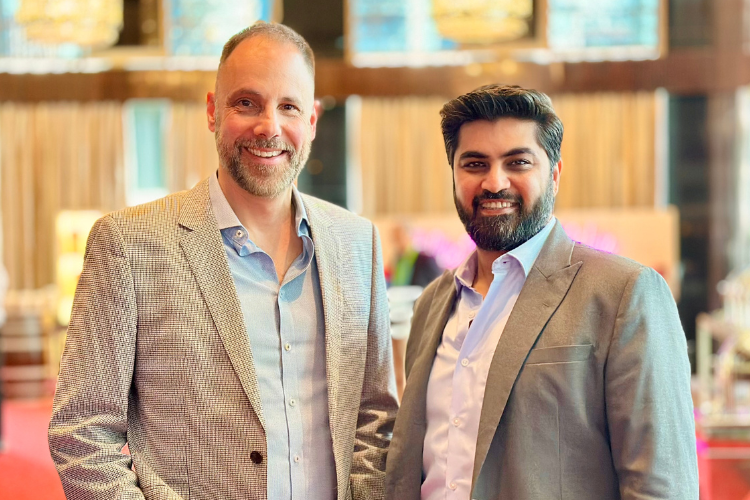Customer experience can no longer be an afterthought: David Shulman, global CEO, Havas CX
With a mission to reshape brands through exceptional customer experiences, Havas' Shulman discusses strategies for balancing soaring consumer expectations with personalised and meaningful interactions in a fiercely competitive market.
by Anupama Sajeet

Please sign in below or access limited articles a month after free, fast registration.
If you don’t yet have an account, you can register for free to unlock additional content. For full access to everything we offer, view our subscription plans.
Sign In
Register for free
✓ Access limited free articles each month
✓ Email bulletins – top industry news and insights delivered straight to your inbox
Subscribe
✓ Unlimited access to all Campaign Asia content
✓ Real-world campaign case studies and career insights
✓ Exclusive reports, industry news, and annual features
